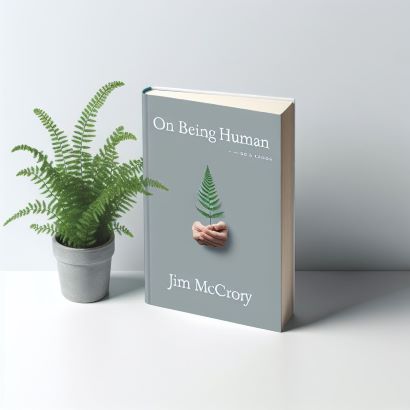“The surest way to work up a crusade in favour of some good cause
is to promise people they will have a chance of maltreating someone.”
Aldous Huxley - Brave New World

Image generated with the assistance of Microsoft Copilot
"Echoes in the Playground: Tracing Groupthink from Childhood to Global Stages"
It all begins in the playground. I remember when I was six years old, standing on the outskirts of laughter and whispers. A girl in my class handed out party invitations, flanked by her giggling friends. Eager for inclusion, I approached and asked for one. With a rhyme that stung sharper than any slap, she replied, “Bum, bum, bubble-gum, my mammy said you canny come.” The laughter that followed was a barrier, an early lesson in exclusion based on whims I couldn't understand.
This spirit of exclusion isn’t confined to the whimsical cruelty of children; it seeps into our communities with far greater consequences. Growing up in Govan, Glasgow, I witnessed the fierce rivalry between Celtic and Rangers fans. Football matches were more than games; they were battlegrounds for identity and belonging, often resulting in violence that tore the community apart.
Nationally and beyond, this division expands. The historical tension between national teams echoes these childhood games on a grander scale, with each side rallying to their banners, often irrationally so. Internationally, we see countries and groups cleave along lines drawn by similar us-versus-them mentalities, whether in politics, sports, or cultural pride.
Even sacred spaces like the family are not immune to this divisive groupthink. Disagreements over worldviews can escalate, transforming into a collective shunning that alienates family members who dare to think differently. This painful exclusion is mirrored in religious contexts, which should ideally promote kindness and acceptance. During a bitter cold evening in Glasgow, I observed Christians distributing food to the homeless, a stark contrast to the religious group I once belonged to, which prioritized doctrinal purity over compassion, often criticizing other faiths over trivial theological differences. Here, I was reminded of Mark 9:40, "Anyone who isn’t against us is for us," a call for inclusivity that was often ignored.
Political events further illustrated this pervasive issue. At every level, groupthink can lead to destructive decisions that favour cohesion over critical thinking. Defined as a psychological phenomenon, groupthink occurs when the desire for harmony within a group results in irrational or dysfunctional decision-making. Members may suppress dissent, shun external opinions, and avoid realistic critiques to maintain unity, sacrificing individual creativity and leading to suboptimal outcomes.
As we navigate these turbulent interactions, it’s crucial to pause and reflect. We must ask ourselves "Why?" and consider the extent to which we contribute to groupthink. Are we causing pain to others, dismissing those who are, after all, made in the image of God? Recognizing our part in these dynamics is the first step toward fostering a world where understanding and respect transcend the invisible yet formidable lines we often draw around and against each other.